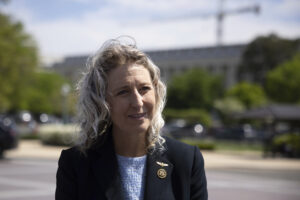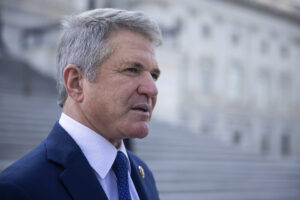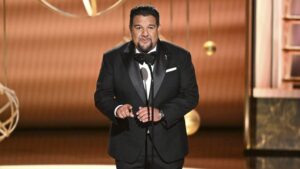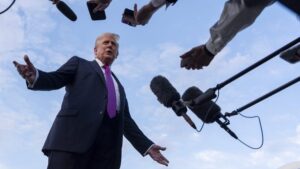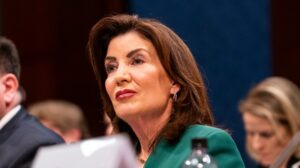The Dictatorship
Trump’s Super Bowl interview brings back one of the least helpful Obama-era rituals
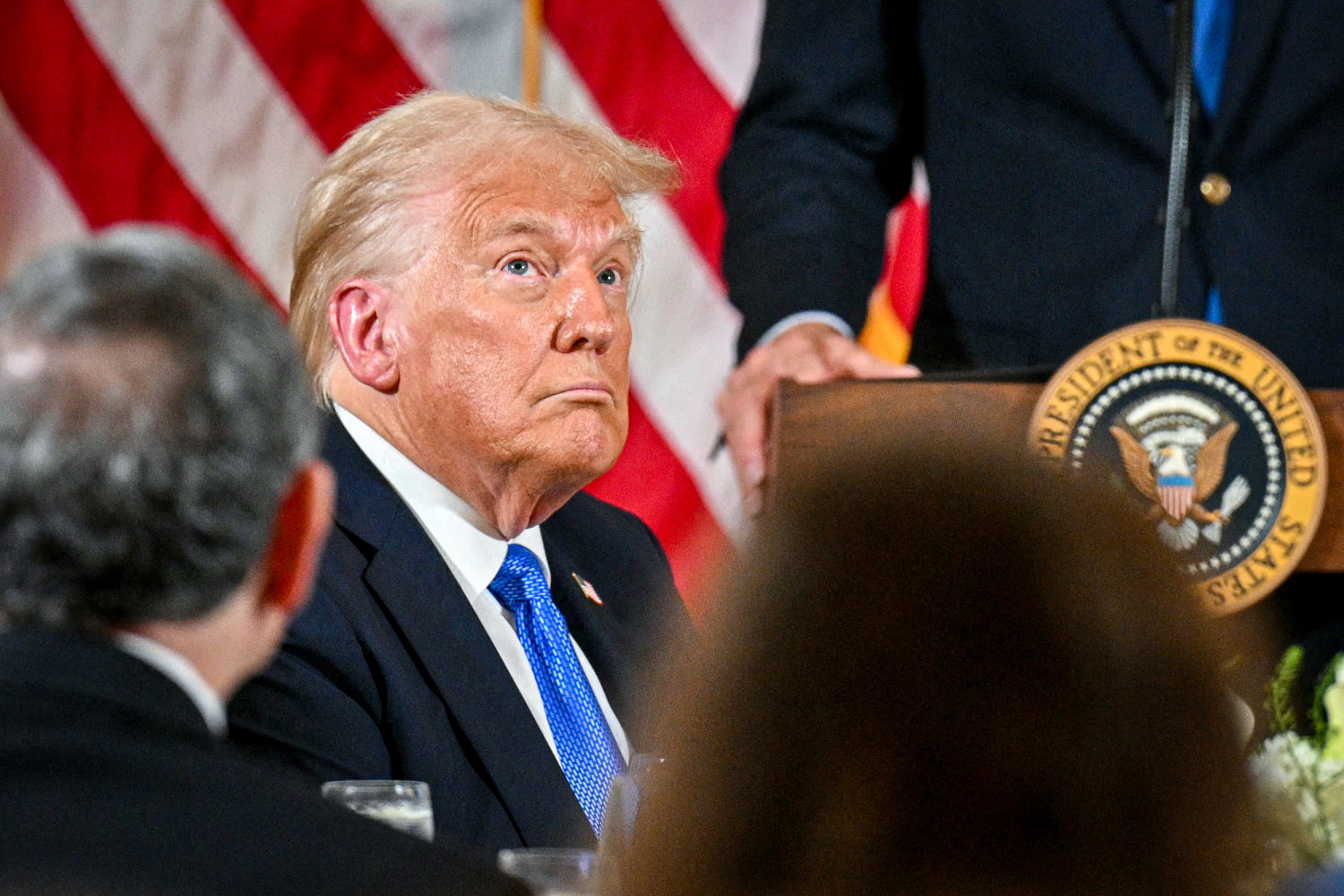
President Donald Trump’s chat with Fox News’ Bret Baier, airing before the Super Bowl, will have one of the larger audiences he’s likely to get this year. Despite becoming the first sitting president to attend the Super Bowl, the interview was taped ahead of time in Mar-a-Lago. Though Trump is making a big deal about it, the return of the presidential pregame is a tradition that America didn’t particularly need resurrected.
The notion that the president would do a formal interview with a political journalist ahead of the Super Bowl didn’t begin until 2009. Before that, the earliest analogy was then-presidential candidate Bill Clinton’s high-stakes appearance on “60 Minutes” that aired immediately after CBS’ Super Bowl broadcast finished in 1992. Seated alongside Hillary Clinton, he answered questions from co-anchor Steve Kroft about his reported infidelities in a 10-minute interview that likely saved his campaign.
The notion that the president would do a formal interview with a political journalist ahead of the Super Bowl didn’t begin until 2009.
We moved closer to the current format in 2004, when George W. Bush became the first sitting president to conduct a pregame interview. The game was held in Houston that year, and as a former governor of Texas, it was certainly fitting for Bush to speak with CBS sportscaster Jim Nantz live from the Rose Garden. Nantz’s most pointed question referenced Bush’s recent State of the Union address, where he had criticized the rampant use of steroids in the NFL. But otherwise, the four-minute chat was exactly the kind of gentle media appearance any president would dream about getting.
Despite the low-key nature of the Bush-Nantz interview, the politics involved in the decision to give it were unmistakable at the beginning of an election year. As The Washington Post reported a few days later, ahead of a high-stakes appearance on NBC’s “Meet the Press,” the president had “dipped in the polls and [was] on the defensive over the failure to find Iraqi weapons of mass destruction.” He later went on to win re-election comfortably, but when looking for opportunities to present Bush in a positive light, the Super Bowl likely seemed like an ideal moment.
In contrast, in 2009, President Barack Obama had just finished running for office, having been sworn in less than two weeks earlier when he sat down with NBC News ahead of that year’s Super Bowl. The 12-minute live interview was a mix of politics and mostly personality-driven questions in a time slot that helped highlight Obama’s “cool factor” and the historic nature of his win. From then on, Obama would give an interview with the network airing the game that year ahead of every Super Bowl.
Obama notably didn’t shy away from sitting down with Fox News in years (like this one) where Fox had the broadcast rights to the championship game. While his 2011 appearance with Bill O’Reilly was lively, the elbows were much sharper when the two sat down again in 2014. As Poynter’s Tom Jones wrote in 2023after that point “if the interview wasn’t at least a little contentious, the interviewers were crushed for being too soft.”
Trump went on to give interviews ahead of three out of four Super Bowls while he was in office. He chatted with Fox News’ Baier for the first of those in 2017, before skipping out on NBC News the following year in the middle of the Russia investigation. His 2019 interview with CBS News’ Margaret Brennan marked the hardest-hitting of those pregame conversations, but delivered little in the way of substance from him. And then in 2020, Trump sat with Fox News’ Sean Hannity for eight minutes of pure, uncut Trumpian stream of consciousness.
President Joe Biden, for his part, kept the tradition alive for two years before letting it falter the final two years of his term, turning down interviews with Fox and CBS respectively. By that point, the interviews had probably lost some of the appeal that Obama saw in them over a decade earlier. The pregame show’s audience, while still sizable, is a fraction of the more than 100 million people who tune in closer to kickoff. And it seems probable that when declining a wide-ranging interview last year, Biden’s advisers who were managing perceptions of his age didn’t see much upside to continuing the tradition.
As is so often the case with Trump, of course, he couldn’t help but lie in boasting about his interview, claiming on Truth Social that there “hasn’t been one in four years.” That’s the level of honesty that was always going to be on display in his interview with Fox News. Baier was more likely to ask at least one newsworthy question during the interview than Hannity, but without much — if any — pushback on his wildest tangents and claims. Absent any sort of real journalistic purpose, all we’re left with is the president being given a platform to spread lies to millions of Americans who may never see the truth when scrolling through their feeds.
Hayes Brown is a writer and editor for BLN Daily, where he helps frame the news of the day for readers. He was previously at BuzzFeed News and holds a degree in international relations from Michigan State University.
The Dictatorship
Fed governor Cook asks appeals court to reject White House’s bid to remove her from Fed board
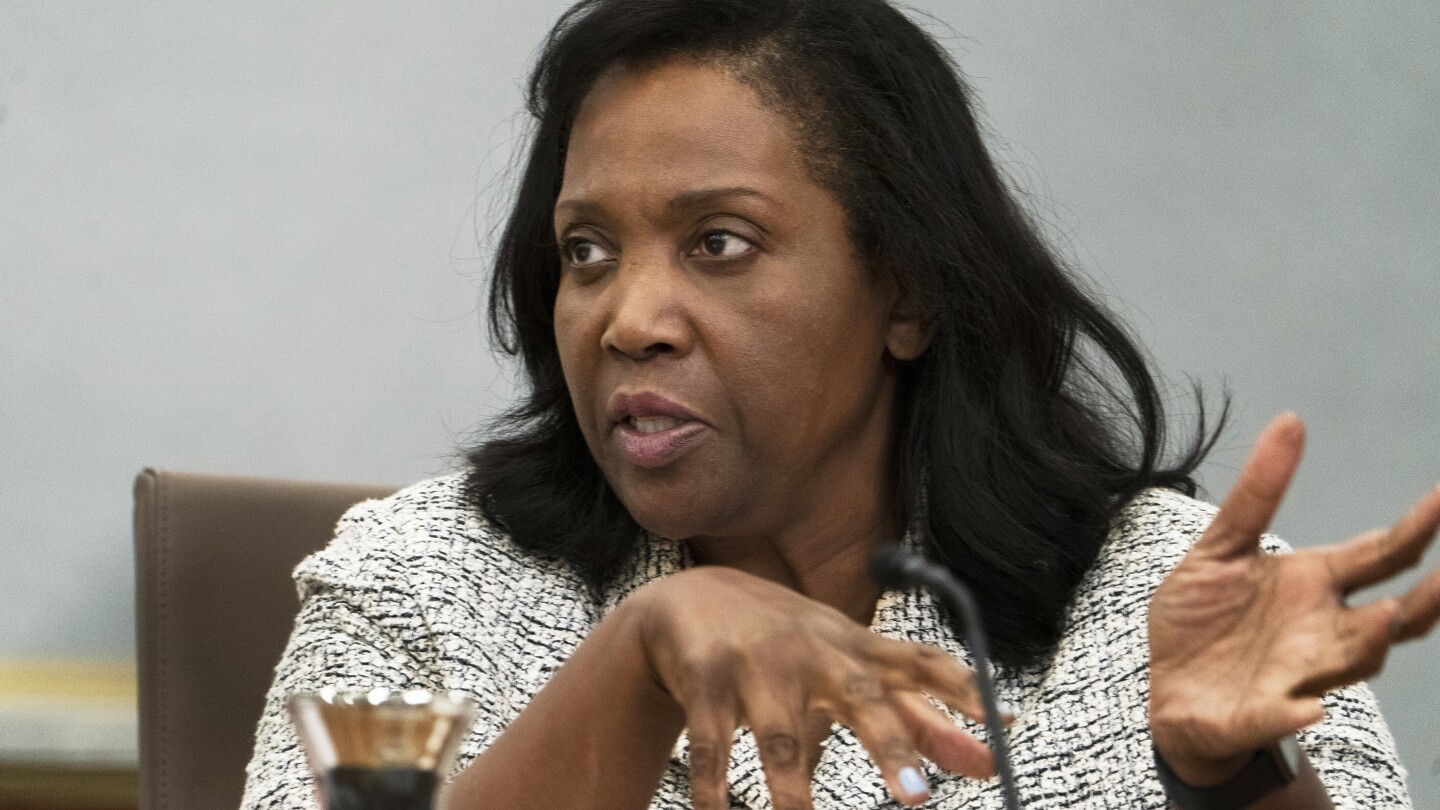
Federal Reserve Governor Lisa Cook is asking a U.S. appeals court to reject the Trump administration’s latest bid to remove her from her post ahead of the central bank’s next vote on interest rates.
In a filing with the court Saturday, attorneys on behalf of Cook asked the court to refuse an emergency request by the Trump administration for a stay of a lower court ruling that would clear the way for President Donald Trump to remove Cook from the Federal Reserve’s board of governors.
Lawyers for Cook argue that the Trump administration has not shown sufficient cause to fire her, and stressed the risks to the economy and country if the president were allowed to fire a Fed governor without cause.
“A stay by this court would therefore be the first signal from the courts that our system of government is no longer able to guarantee the independence of the Federal Reserve. Nothing would then stop the president from firing other members of the board on similarly flimsy pretexts. The era of Fed independence would be over. The risks to the nation’s economy could be dire,” according to the filing.
The court has given the Trump administration the option to respond to Cook’s filing by 3 p.m. Eastern on Sunday.
At stake is whether the Trump administration will succeed in its extraordinary effort to shape the board before the Fed’s interest rate-setting committee meets Tuesday and Wednesday. At the same time, Senate Republicans are pushing to confirm Stephen MiranPresident Donald Trump’s nominee to an open spot on the Fed’s board, which could happen as soon as Monday.
Trump has accused Cook of mortgage fraud because she appeared to claim two properties as “primary residences” in July 2021, before she joined the board. Such claims can lead to a lower mortgage rate and smaller down payment than if one of them was declared as a rental property or second home.
Cook has denied the charges and sued the Trump administration to block her firing.
On Tuesday, U.S. District Court Judge Jia Cobb ruled the administration had not satisfied a legal requirement that Fed governors can only be fired “for cause,” which she said was limited to misconduct while in office. Cook did not join the Fed’s board until 2022.
The administration then appealed the decision and asked for an emergency ruling reversing the lower court order by Monday. In their emergency appeal, Trump’s lawyers argued that even if the conduct occurred before Cook’s time as governor, her alleged action “indisputably calls into question Cook’s trustworthiness and whether she can be a responsible steward of the interest rates and economy.”
If the Trump administration’s appeal succeeds, Cook would be removed from the Fed’s board until her case is ultimately resolved in the courts, and she would miss next week’s Fed meeting, when the central bank is set to decide whether to reduce its key interest rate.
If the appeals court rules in Cook’s favor, the administration could seek an emergency ruling from the Supreme Court.
The Fed is under relentless pressure from Trump to cut rates. The central bank has held rates steady since late 2024 over worries that the Trump administration’s unpredictable tariff policies will reignite inflation.
Last month, Fed Chair Jerome Powell signaled that Fed officials are increasingly concerned about weaker hiring, setting the stage for a rate cut next week. Most economists expect the Fed will cut its benchmark interest rate by a quarter-point to about 4.1%.
When the Fed reduces its key rate, it often, over time, lowers borrowing costs for mortgages, auto loans, and business loans. Some of those rates have already fallen in anticipation of cuts from the Fed.
The Dictatorship
Trump’s economy takes a toll on middle-class Americans as his poll numbers on economics fall
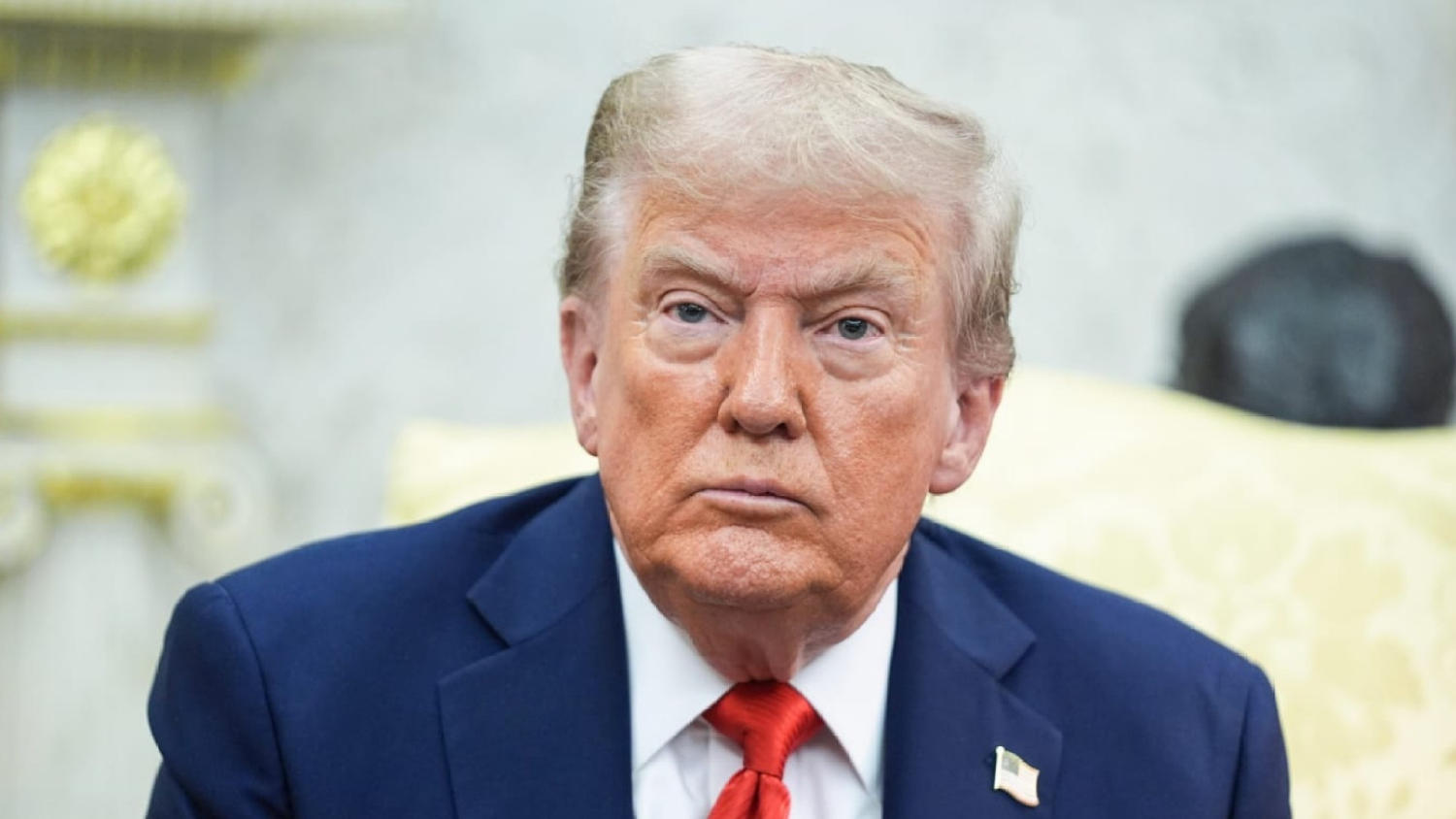
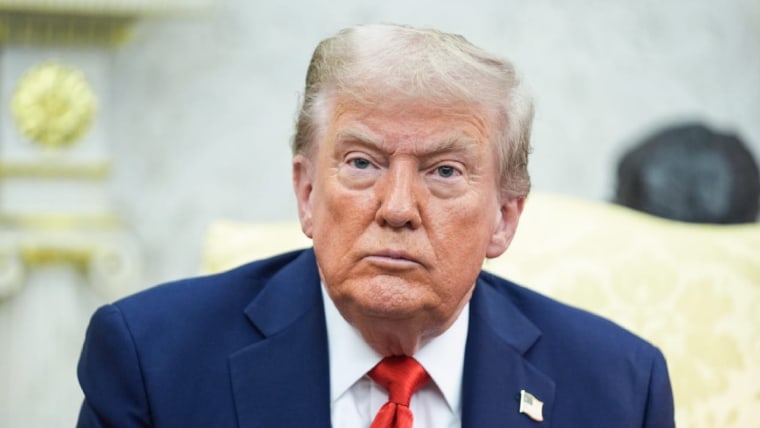
-
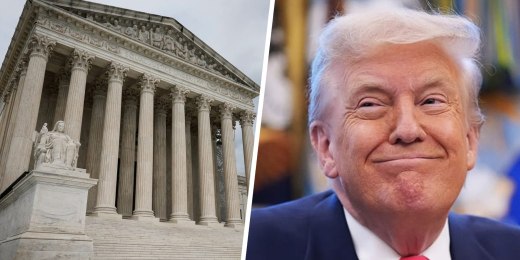
Trump’s winning streak: Law professor breaks down his Supreme Court shadow docket victories
07:03
-
Now Playing

-
UP NEXT
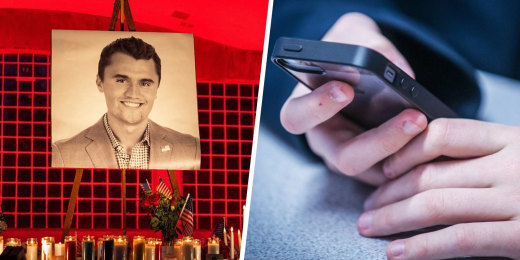
How social media can have an influence in attempted assassinations and mass shootings
11:38
-
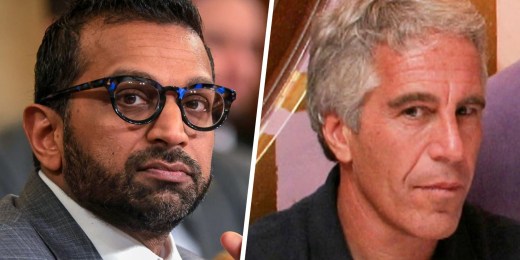
What Congress should ask FBI Director Patel about in next week’s Epstein files deposition
06:23
-
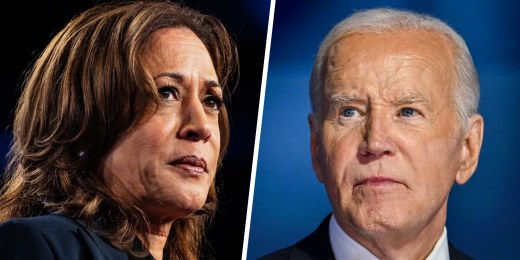
Fmr. Vice President Harris shares internal debate on asking Biden to drop from race early in memoir
05:56
-
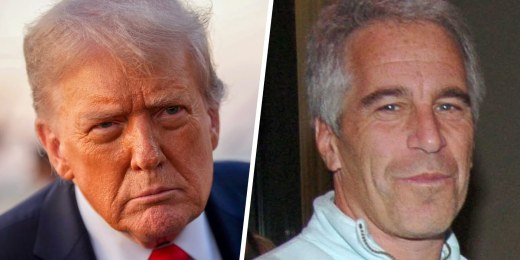
Trump changes tune on Epstein’s birthday book as Dem lawmakers push for files release
06:00
-
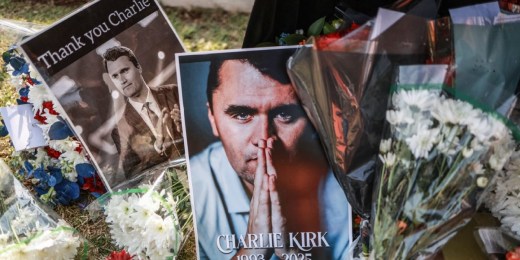
How the killing of Charlie Kirk could change security protocols for political figures
08:30
-
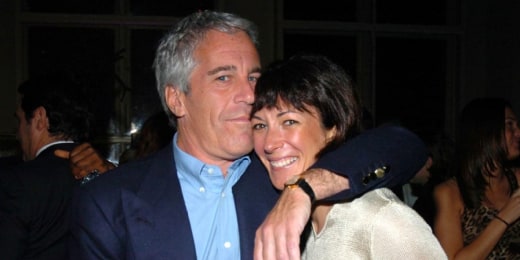
Report: Four women who have immunity in the Epstein case may know if there’s a client list
05:15
-
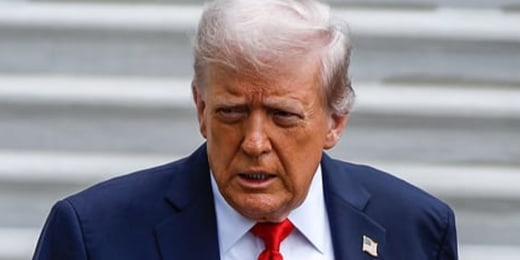
New NBC News Poll: 21% of Americans FURIOUS with Trump’s second term so far
10:19
-
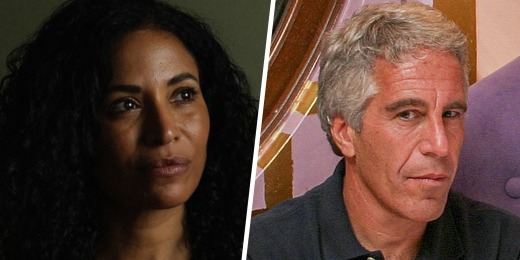
Epstein survivor confirms a new client list made by survivors is being put together
08:32
-
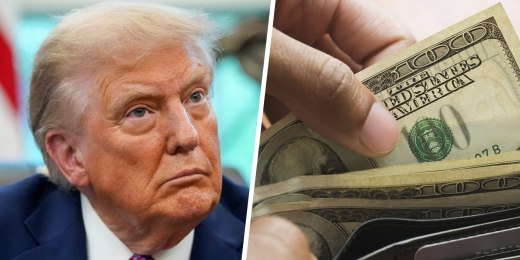
Trump’s disapproval hits 59% on handling of trade and tariffs
06:25
-
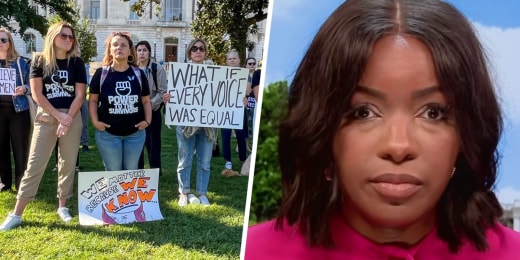
Survivors turn up the heat on Congress to vote for release of Epstein files
08:52
-
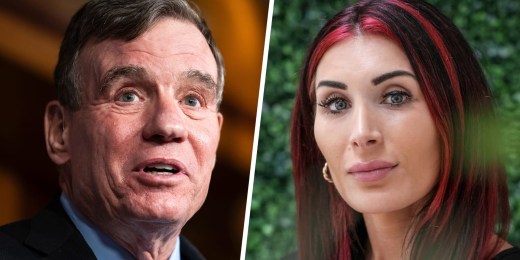
Former Rep. baffled as activist Laura Loomer prevents Dem Senator’s visit to spy agency
05:22
-
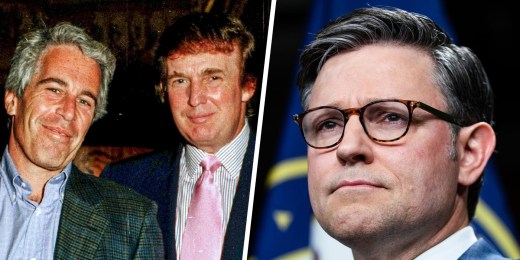
House Speaker claims Trump was an FBI informant in the Epstein case
10:40
-
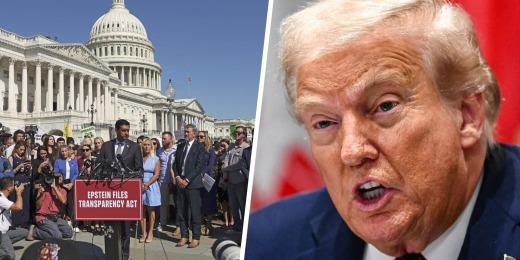
Bad news for Trump: Republicans join survivors, Democrats in pursuit of Epstein files
08:50
-
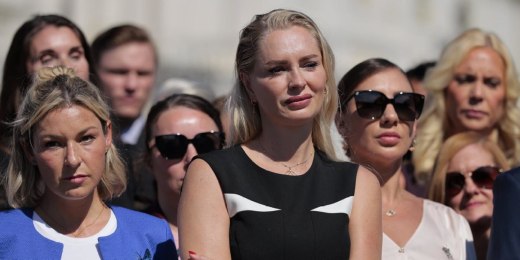
Survivors of Epstein deliver powerful demand for transparency to Trump administration
06:29
-
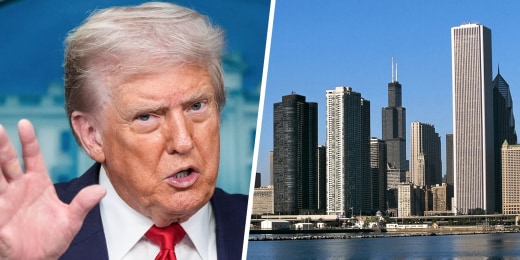
Trump threatens Chicago with mass deportations as Mexican Independence Day celebrations take place
04:51
-
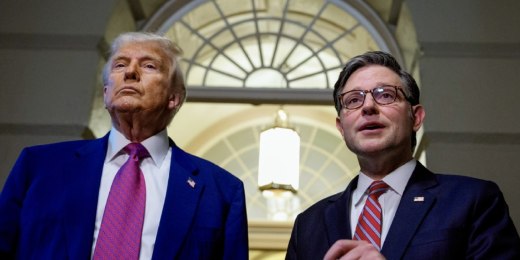
Pressure mounts on Trump, Speaker Johnson to release Epstein files after survivors news conference
07:08
-
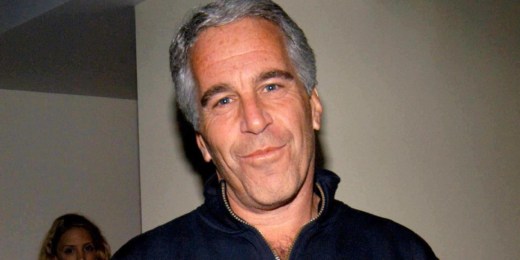
Exclusive: DOJ says names of two associates Epstein wired money to should stay secret
02:36
-

Prepare for inflation: Back-to-school prices soared, holiday gifts likely will too
03:36
-

Trump’s winning streak: Law professor breaks down his Supreme Court shadow docket victories
07:03
-
Now Playing

Trump’s economy takes a toll on middle-class Americans as his poll numbers on economics fall
08:03
-
UP NEXT

How social media can have an influence in attempted assassinations and mass shootings
11:38
-

What Congress should ask FBI Director Patel about in next week’s Epstein files deposition
06:23
-

Fmr. Vice President Harris shares internal debate on asking Biden to drop from race early in memoir
05:56
-

Trump changes tune on Epstein’s birthday book as Dem lawmakers push for files release
06:00
The Dictatorship
What Trump’s wildly different responses to two assassinations tell us
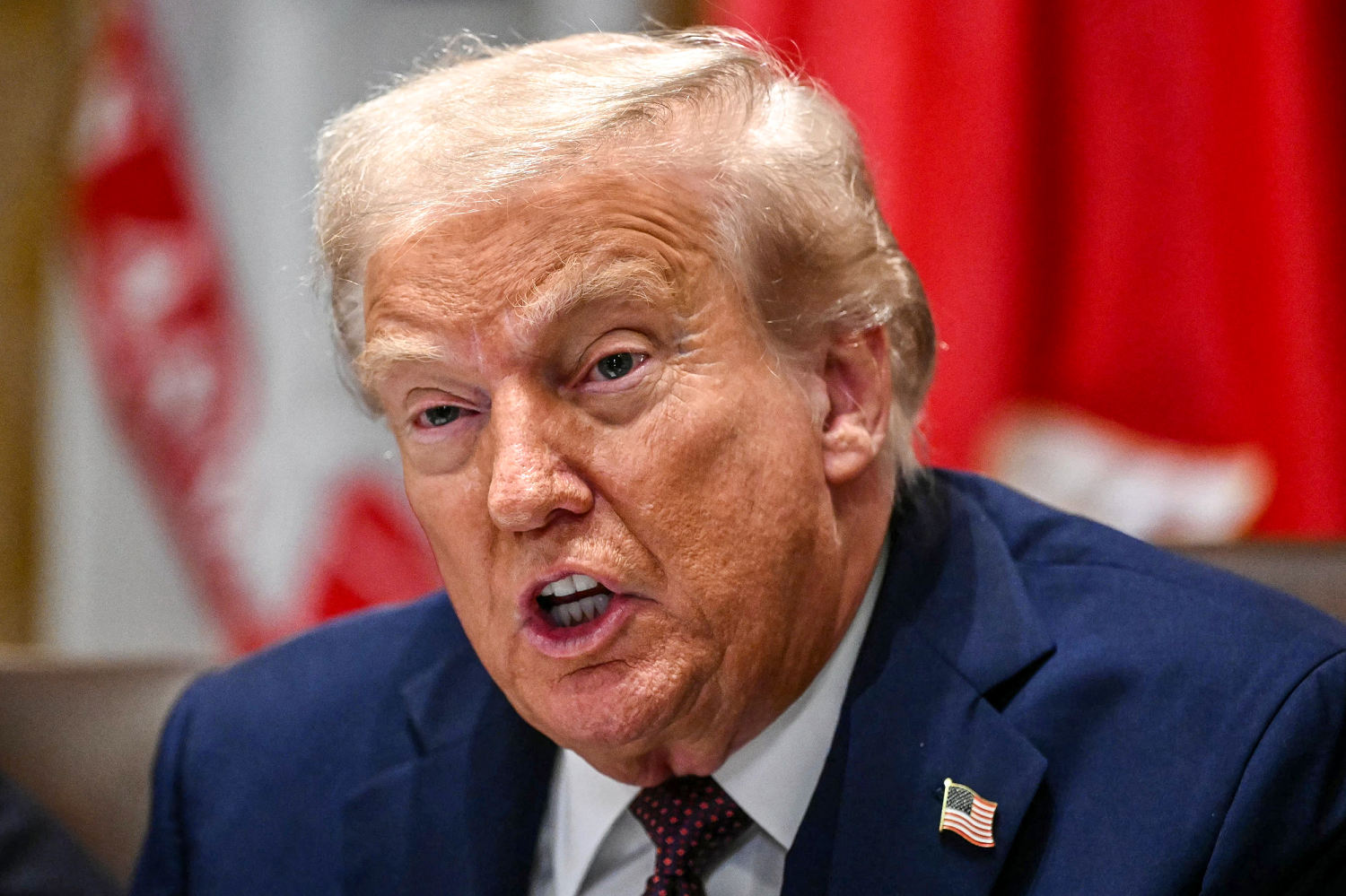
In his sharply differing reactions to two high-profile assassinations of political figures this year, the president of the United States has effectively encouraged the public to apply a partisan lens to the value of human life.
The two killings in question — a lone wolf assassination of former Minnesota House Speaker Melissa Hortman in June and the shooting of Turning Point USA founder Charlie Kirk at a Utah Valley University speaking event this past week — elicited very different kinds of treatment from the White House. President Donald Trump gave scant attention to Hortman’s killing, while he framed the killing of Kirk as a cataclysmic national tragedy and a political rallying cry for the right.
Republican lives matter more than Democratic lives, Trump is effectively telling his base.
Republican lives matter more than Democratic lives, Trump is effectively telling his base. And in a shocking comment on “Fox & Friends” on Friday, Trump appeared to use Kirk’s assassination to explicitly designate political violence a partisan issue too, by defending violent right-wing extremists as sharing his political goals of bringing down “crime” and left-wing extremists as “the problem.”
In response to the murder of Hortman, Trump offered a brief, impersonal condemnation of her killing on Truth Social, stating that “such horrific violence will not be tolerated.” He didn’t do much else. He did not offer a substantial eulogy for her, or deliver an address on political violence, as he did after Kirk’s death. Unlike former President Joe Biden, Trump did not attend the funeral. The day after Hortman’s killing, when Trump was asked if he had called Minnesota Gov. Tim Walz, he said, “I could be nice and call, but why waste time?” Trump suggested that part of the reason he didn’t want to call Walz was because he thought Walz was to blame for the killing, or at least the events leading up to it. That claim was nonsense. But peddling that narrative did allow Trump to divert attention from the fact that authorities found the suspected shooter had a hit list that named mostly Democratic politicians or figures tied to abortion rights, and that his close childhood friend said he voted for Trump.
In response to Kirk’s killing, Trump responded with tremendous urgency. He immediately issued an order to lower American flags to half-staff at the White House, all public buildings, U.S. embassies and military posts. He announced he would award Kirk the Presidential Medal of Freedom posthumously. He delivered a wrathful four-minute video address from the White House condemning Kirk’s assassination and promising vengeance against the left. As my colleague Anthony Fisher notesduring that address he made “wildly irresponsible assumptions about the then-unknown suspected killer’s motives. He completely ignored right-wing violence (like the kind he incited in Washington on Jan. 6, 2021), and he explicitly threatened to bring down the force of government on his political opponents.”
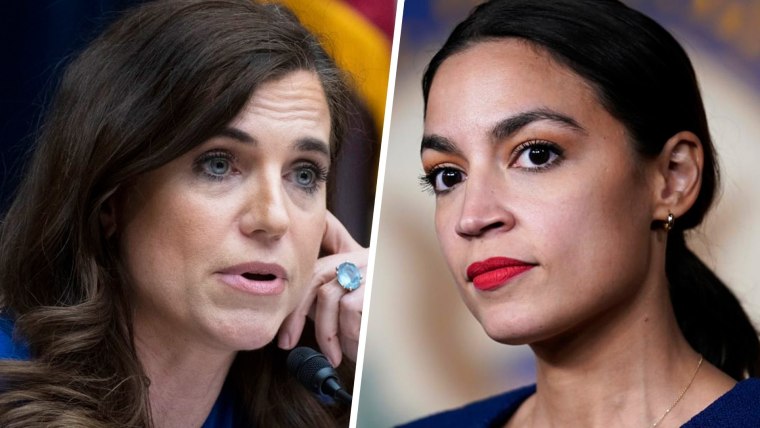
It was bad enough that Trump showed such divergent responses to the equally indefensible assassinations of Hortman and Kirk — and used the latter to promote the idea of a political crackdown on the left. But his appearance on Fox News on Friday morning involved what I found to be a genuinely jaw-dropping escalation, as he appeared to suggest that violence from the right was more defensible than violence from the left. Fox News host Ainsley Earhardt noted that there are radicals on both the right and the left and expressed concern about people cheering for Kirk’s death before asking Trump, “How do we fix this country?” He replied:
I’ll tell you something that’s going to get me in trouble, but I couldn’t care less. The radicals on the right oftentimes are radical because they don’t want to see crime. They don’t want to see crime. They’re saying, ‘We don’t want these people coming in. We don’t want you burning our shopping centers. We don’t want you shooting our people in the middle of the street.’ The radicals on the left are the problem. And they’re vicious, and they’re horrible, and they’re politically savvy.
What Trump appears to be saying is that left-wing radicals are a problem, while right-wing extremists are, in essence, part of his political project and therefore don’t deserve condemnation — or at least not the kind of condemnation that those on the left do. He is effectively telegraphing the idea that a certain degree of political violence on the right could be acceptable — or at least should be seen as politically sympathetic and well-intentioned. As right-wing extremists are reactivating and rallying around Kirk’s death as a pretext for revenge against the left, Trump’s new statement echoes his “stand back and stand by” order to the Proud Boys in 2020 before they stormed the U.S. Capitol on Jan. 6. It would be reasonable in this context for right-wing extremists to surmise that Trump is again signaling that he could be lax on enforcement or try to offer them some kind of immunity — just as he did by commuting the sentences of Proud Boys and pardoning their leader.
In a democracy, all political violence should be considered entirely unacceptable, no matter the ideology of the person committing the act or on the receiving end of it. Both the deaths of Hortman and Kirk were terrible tragedies and completely unjustifiable. But in his selective mourning and politicization of their deaths, Trump suggested one tragedy — more importantly, one type of tragedy — mattered more.
Zeeshan Aleem is a writer and editor for BLN Daily. Previously, he worked at Vox, HuffPost and Blue Light News, and he has also been published in, among other places, The New York Times, The Atlantic, The Nation, and The Intercept. You can sign up for his free politics newsletter here.
-
Uncategorized10 months ago
Bob Good to step down as Freedom Caucus chair this week
-

 The Josh Fourrier Show10 months ago
The Josh Fourrier Show10 months agoDOOMSDAY: Trump won, now what?
-

 Politics7 months ago
Politics7 months agoFormer ‘Squad’ members launching ‘Bowman and Bush’ YouTube show
-

 Politics10 months ago
Politics10 months agoWhat 7 political experts will be watching at Tuesday’s debate
-

 Politics10 months ago
Politics10 months agoHow Republicans could foil Harris’ Supreme Court plans if she’s elected
-

 The Dictatorship7 months ago
The Dictatorship7 months agoPete Hegseth’s tenure at the Pentagon goes from bad to worse
-

 The Dictatorship7 months ago
The Dictatorship7 months agoLuigi Mangione acknowledges public support in first official statement since arrest
-
Economy10 months ago
Fed moves to protect weakening job market with bold rate cut




